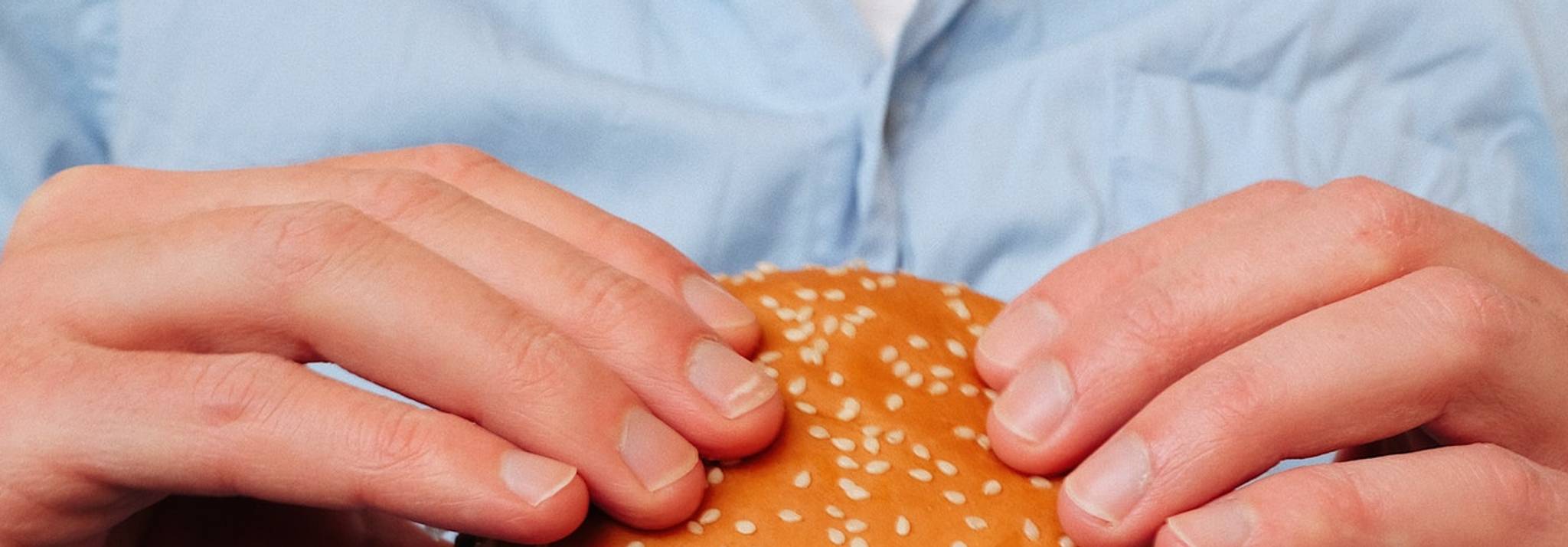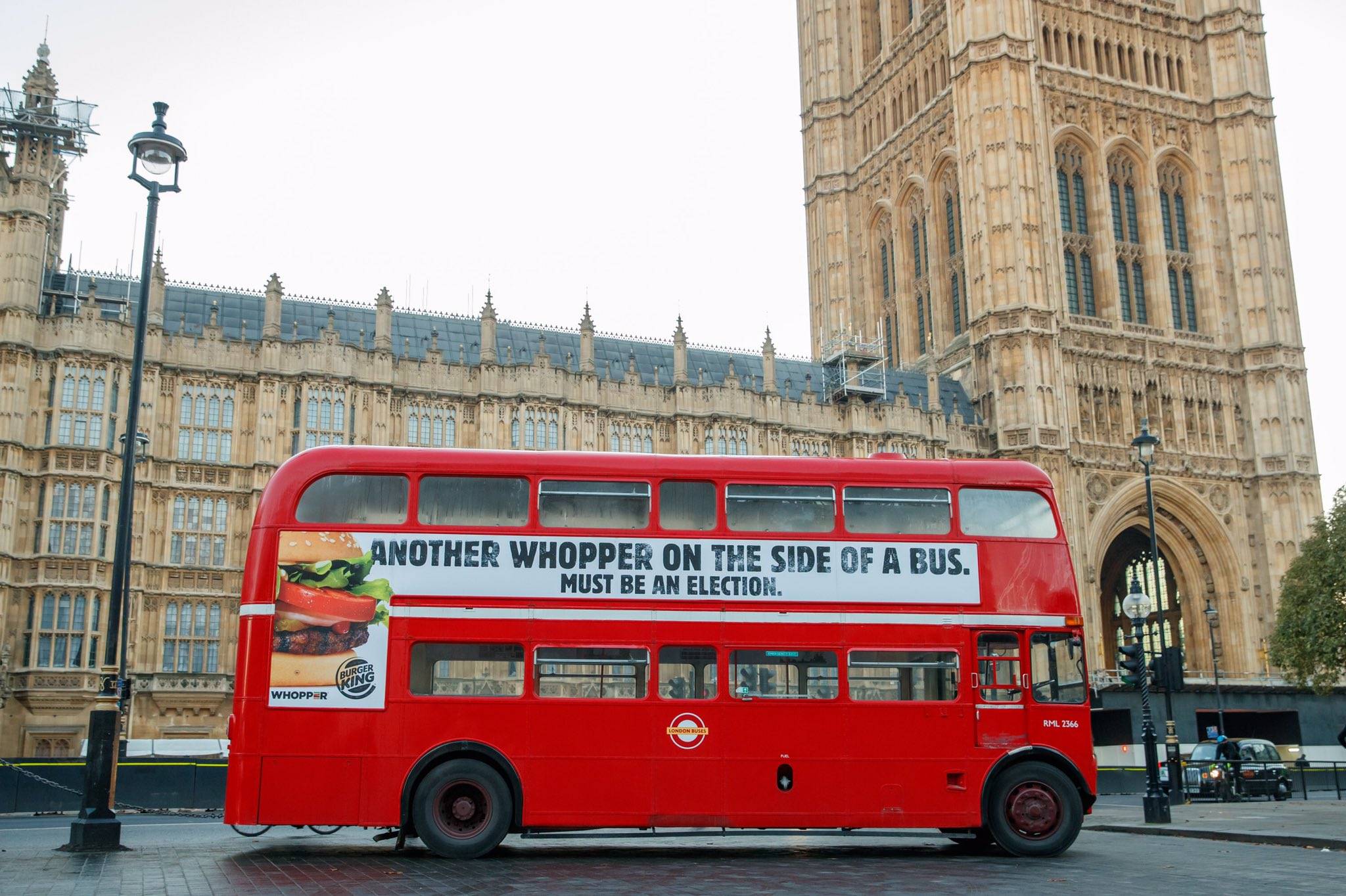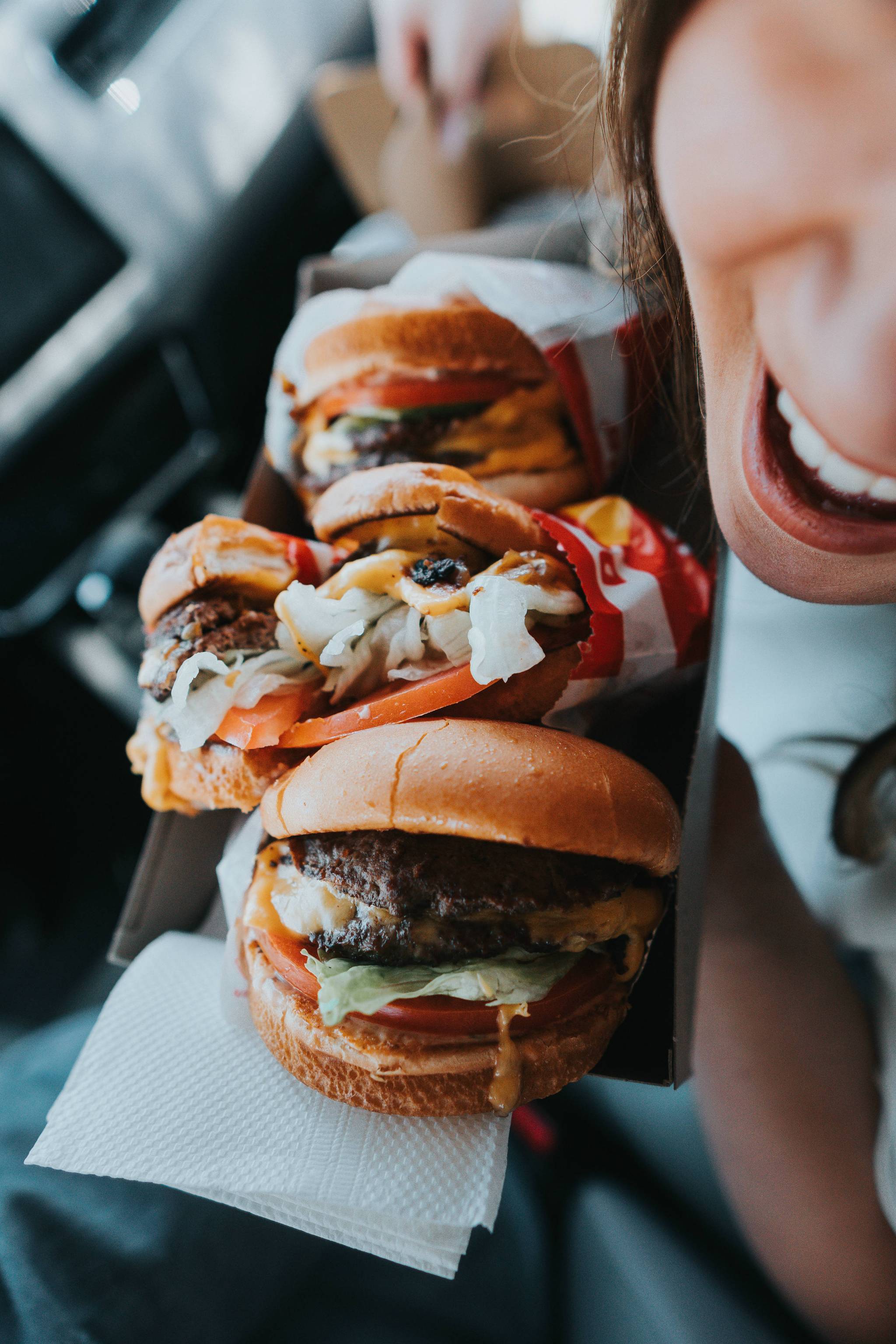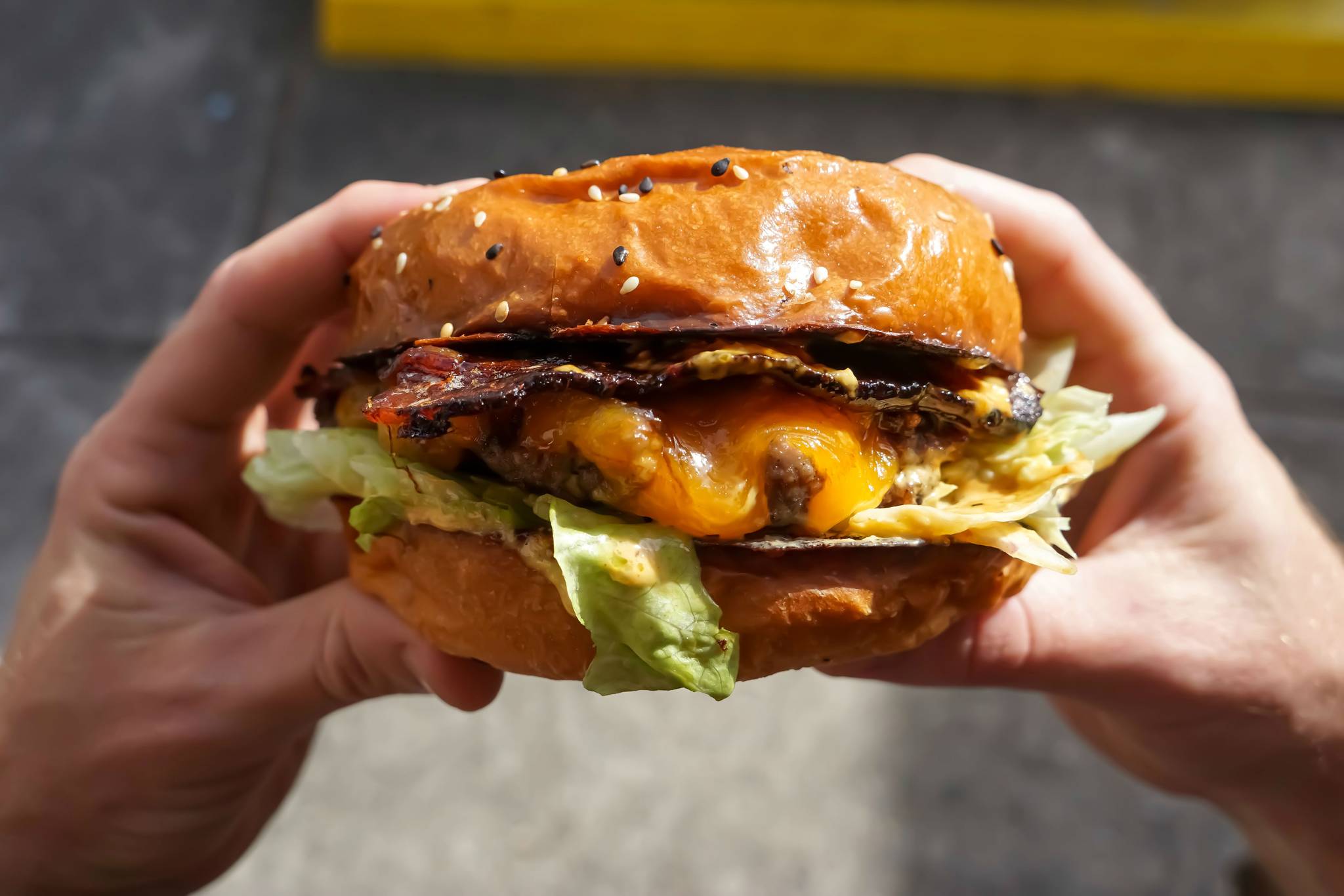
A video showing a smart car mistaking Burger King's sign for a stop sign provided the inspiration for a savvy social media ad campaign. We explore the insights behind this, and how, by leveraging a meme to give away food, the fast-food giant uses humor to drum up excitement and intrigue.
Tesla’s ‘Traffic Light and Stop Sign Control’ autopilot feature was built so that cars could detect and stop at traffic lights and stop signs – but since it’s still in beta, there have been some functionality bugs. One driver filmed a video – which Burger King then turned into an ad – in which the feature confused a Burger King sign for a stop sign, pulling to a halt in front of the restaurant. “Smart cars are smart enough to brake for a whopper,” the ad says. “Artificial intelligence knows what you crave.” Burger King ran the campaign for a day, inviting drivers to take pictures or film the same error and share online using the hashtag #AutopilotWhopper or #FreeWhopper to receive a code for a free burger.
This isn’t the first time Burger King has used in-car tech to funnel people to its restaurants; in 2019, its ‘Whopper Detour’ campaign harnessed geofencing, rewarding people with 1-cent burgers for ordering a Burger King meal to a nearby McDonald's. But in the pandemic context, with people interacting with brands online more than before and looking for lighthearted campaigns to lift their spirits, it’s a savvy move to boost loyalty and increase engagement. What’s more, it plays on people’s fears around the limitations of AI and self-driving cars and gives them a positive spin. With 40% of consumers following brands to learn about promotions or discounts, playful campaigns can be an effective way to provide value and garner loyalty.
Hannah Houston is a Data Behavioural Analyst at Canvas8 and holds a BSc in Criminology. She loves learning languages whether that be coding, foreign or body language and is passionate about human behaviour. Outside of work you can find her walking or stroking a dog.



